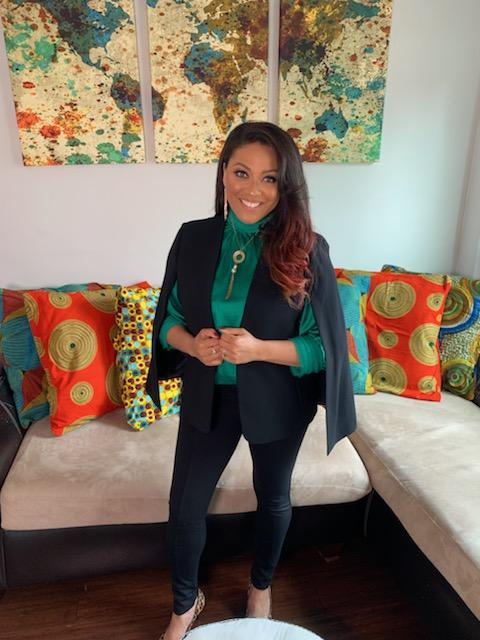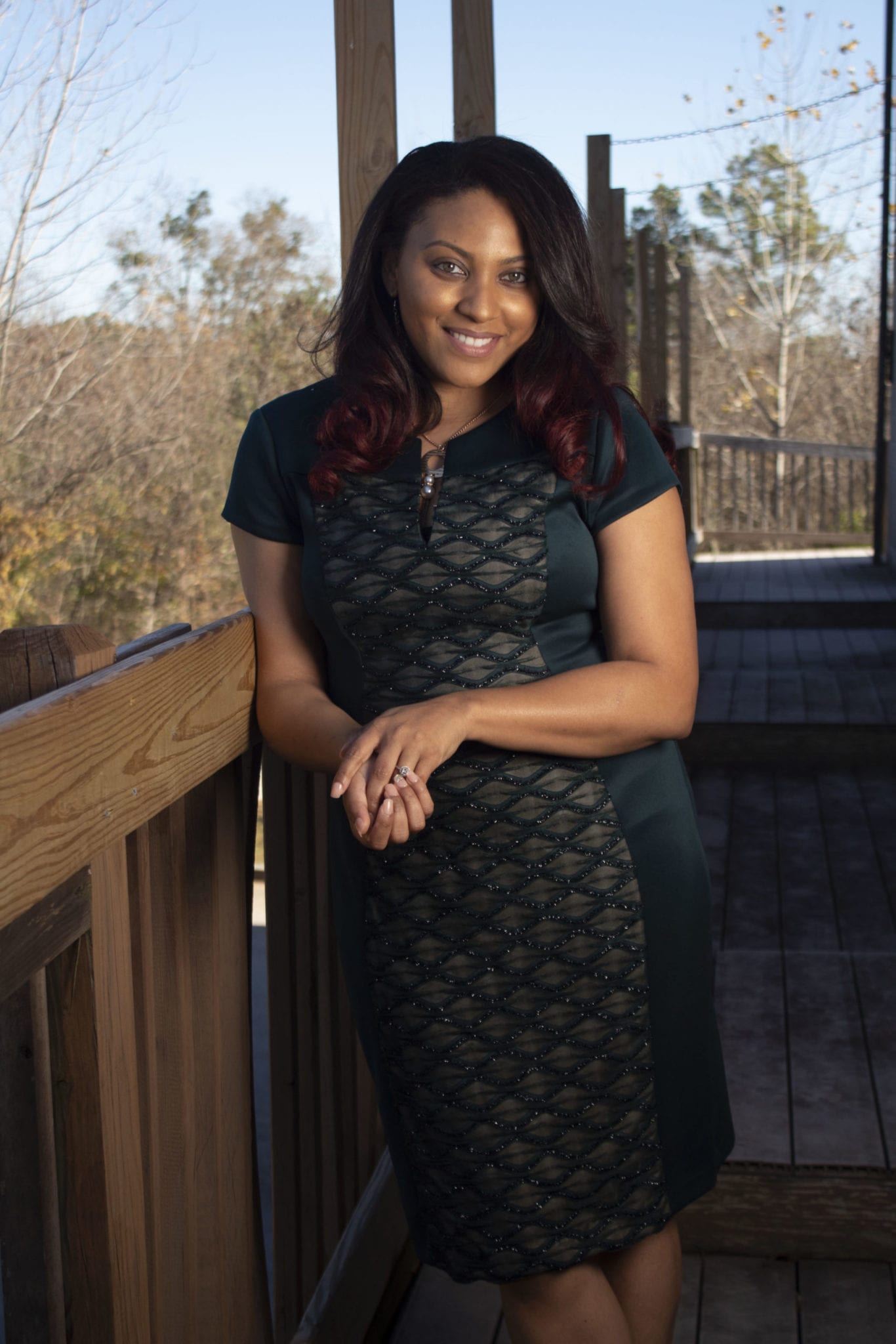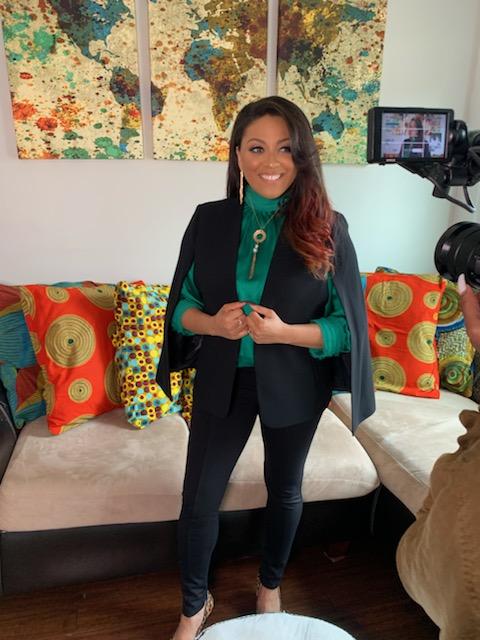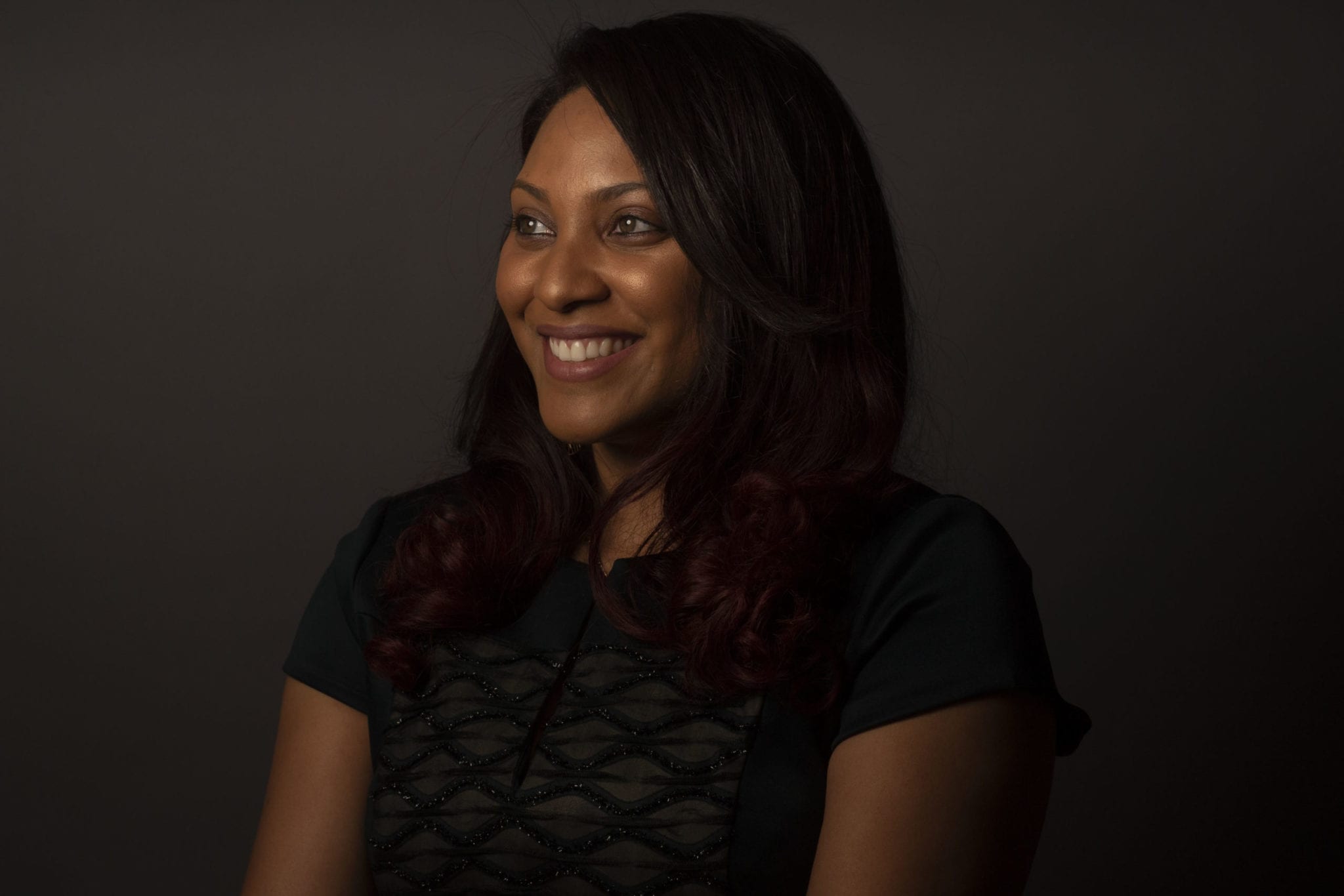Meet Marissa Crespo of Crespo Law Office, P.C.
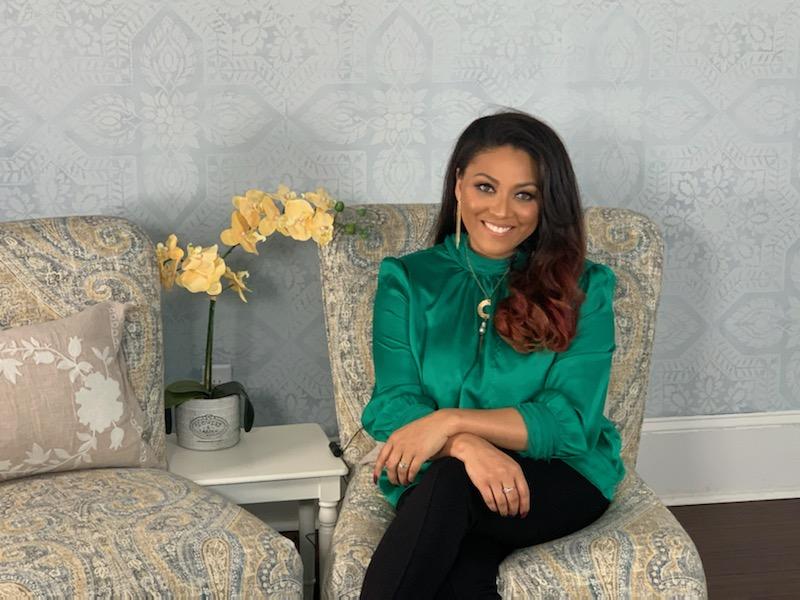
Before I even went to law school, I knew I wanted to work in entertainment, but initially thought I would establish myself on the creative side of the business. Admiring authors such as Toni Morrison, Maya Angelou, and Langston Hughes, I started my path as a writer studying English and African-American literature at Villanova University.
During my educational journey at Villanova University, I began shaping my interest not only in writing, but in social justice advocacy centered around race, gender, and immigrant rights. It was during my educational tenure at Villanova that I learned from some of the greatest professors who, unbeknownst to them, planted the seeds of my legal career within entertainment law: -Dr. Crystal J. Lucky, Dr. Lawrence Little, Professor John King, and the late Professor Harrison Ridley, Jr. Whether I was studying Classical Black Cinema with John King, pouring over the texts of Toni Morrison’s cannon of literature in Dr. Lucky’s class, or discussing the ethnomusicology of Jazz music in Dr. Ridley’s African-American music class, I developed and nurtured my flourishing desire to fuse together my passion to incorporate social advocacy work within the world of entertainment. By my second year in college, I knew that I wanted to go to law school to further focus on gender and racial justice within the entertainment industry.
In the fall of 2010, I embarked on my legal path by attending Columbia University. I took various courses in entertainment law, worked as an Articles and Notes Editor for Columbia Law School’s Journal of Gender and Law and Columbia’s Journal of Law and the Arts, and interned at several boutique entertainment firms. Even though I soaked up as much knowledge as I could regarding entertainment contracts in the classroom, I knew I needed to understand the business and immediately focus on the art of practicing law. So I worked throughout law school for little or no pay as a paralegal preparing O and P visa petitions for foreign entertainers coming into the United States, at boutique entertainment law firms to understand the entrepreneurial path as a solo attorney or 2-3 person firm in the entertainment legal space, and even interned in the legal department at SAG-AFTRA representing actors while working as a line producer on small indie film projects. When I graduated from law school three years later, I knew that entertainment law was going to be my ultimate path.
But when I graduated and started my career officially as an attorney, I started off at a major law firm practicing real estate law as an associate. Despite the smattering of entertainment across my resume, the firm chose my initial practice in real estate, based upon the firm’s need. It baffled me that the firm chose this area of practice for me, but it was purely based upon the firm’s need at that time. Quite frankly, it was a blessing in disguise. For a little over 2 years, I worked as a Real Estate associate handling transactional work and land use and zoning on behalf of major real estate developers. It was certainly great money, but it was nowhere near to my passion-entertainment law. I was miserable and felt like I didn’t fit my environment. So after a couple of years working at the firm, I decided it was time for me to leave and take my career into my own hands by starting my own boutique practice.
Haha, absolutely not! I took quite a few professional lumps and bumps along the way. Everyone wants to call themselves a CEO or a boss in starting their own company. It is one thing to set up an LLC or corporation and a bank account. It is a whole other thing to learn how to drum up business and hear the PayPal ring, okay! So networking was key. I spent the first few years expending lots of energy travelling back and forth between New Jersey and New York at music events, film festivals, and contacting film distribution companies to drum up business. I took on clients whether or not they could pay within the entertainment space, just to build a marketing base of clients who may refer me to others (with the hope of referring others who could pay)! I waivered back and forth between being my own boss, and taking freelance jobs working for others as an employee to make sure I could make ends meet. I knew who I wanted to be and who I wanted to represent, but still fought to have that financial cushion. So I spent a couple of years following my own personal “P3” model to help me make my transition: 1) remain pensive; 2) plan; and then 3) pivot. I knew when it was time to pivot, as I became less tolerant of being an employee helping another business thrive, without nurturing my own business. So no matter how hard it was some days in making the transition to being a solopreneur, I knew it had to be done and would be worth it all in the long run.
Crespo Law Office, P.C. is an entertainment, real estate and corporate law firm that focuses on brand protection for content creators and entrepreneurial businesses through contracts, copyright and trademark protection. I specialize in trademark and copyright registrations to protect business brands as assets, and negotiating license agreements to expand their brands into various industries and strategic partnerships.
I am proud to fuse together my legal services with my mission of representing more diverse voices and narratives in Hollywood.
Coined as “The Cultural Curator℠,” the focus of my firm is in creatively crafting and curating my clients’ intellectual property through legal contracts, trademarks and copyright for to advance those content creators and companies who are pushing for more diverse, cultural voices within the entertainment industries.
What sets me apart from my colleagues within the legal field is my personable approach as a lawyer who is business savvy, and truly takes the time to understand my clients’ creativity in their respective art forms. I invest not only time in their work, but even collecting their work and promoting them within my circle of influence to get others to enjoy their works as well. That is something I am most proud of.
For me, I define success as the ability to take my thoughts of what I want to do and actually put a plan together and follow through with the hard work ethic to make my thoughts my reality. To accomplish my goals, I believe in minimizing the ability to allow others to tell me no and flip it into a positive, active mantra of saying to myself “yes and now.”

